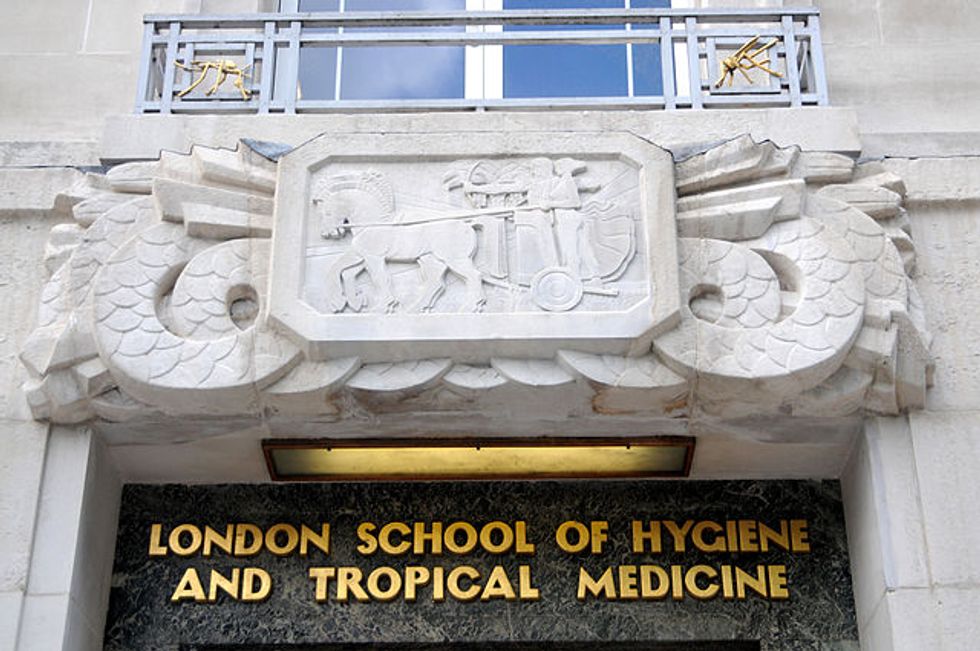Red meat compared to tobacco and fossil fuels in 'reckless' study that calls meat-eating 'threat to human health'
The National Farmers’ Union has hit back at the research carried out by the London School of Hygiene and Tropical Medicine
Don't Miss
Most Read
Latest
Red meat has been compared to alcohol, tobacco and fossil fuels in a study which farmers have described as “reckless and unjustified”.
Research, carried out by the London School of Hygiene and Tropical Medicine (LSHTM), looked at how six farming organisations in the UK portray the industry.
They concluded that some farmers may be trying to minimise how the public perceive the impact of farming and that methods used by organisations were from a “well-thumbed playbook” often used by producers of “other harmful commodities” such as alcohol, tobacco and fossil fuels in order to portray their products in a better way.
LSHTM’s lead author, Dr Kathryn Clare, said on the research: “There is growing evidence to suggest that current consumption trends of red and processed meat are a threat to both human health and the health of the planet and this is increasingly being recognised in UK policy spheres.
Red meat has been compared to alcohol, tobacco and fossil fuels
PA
The research was carried out by the London School of Hygiene and Tropical Medicine
WikiCommons
“Our findings suggest that the meat industry may be using various frames that counteract this narrative."
Dr James Milner, senior author at the university, added: “These findings should act as a call to action for greater scrutiny of the industry, as addressing people’s appetite for meat will be crucial to efforts to avert climate breakdown and improve public health.”
The National Farmers’ Union (NFU), one of the most heavily scrutinised organisations in the paper, has called the research “reckless and unjustified”.
Tom Bradshaw, NFU deputy President, said: “It is reckless and unjustified for this study to compare the UK livestock sector with commodities such as tobacco and fossil fuels, where there is a very strong scientific consensus about harm to human health and the environment.
“Arguments about diet and food production are much more nuanced, complex and widely debated among scientists."
“When customers purchase British red meat products they are buying sustainable, local food, often raised in areas where it is difficult to grow other foods. The same cannot always be said for some highly processed plant-based foods,” Mr Bradshaw told the Telegraph.













